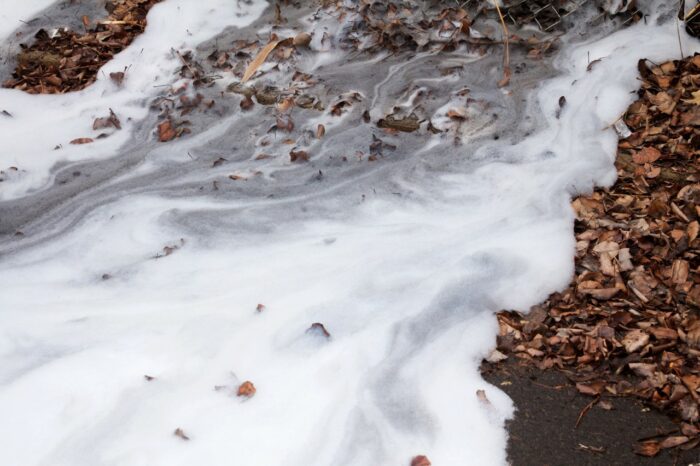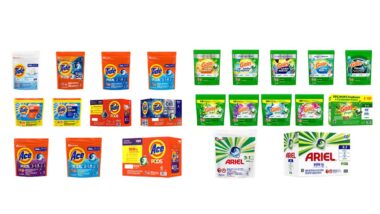Top Class Actions’s website and social media posts use affiliate links. If you make a purchase using such links, we may receive a commission, but it will not result in any additional charges to you. Please review our Affiliate Link Disclosure for more information.

A research lab released firefighting chemicals into the Mississippi Mills area near Ottawa, polluting the drinking water of local homeowners, a class action lawsuit alleges.
Ontario Superior Court Justice Robert Smith recently certified the class action lawsuit against the National Research Council Canada (NRC), the Ottawa Citizen reported.
The plaintiffs in the class action allege the release of chemicals into the environment by the council’s research lab have devalued their homes, and are seeking damages.
The NRC has allowed that its facility did leach toxic compounds that got into the groundwater of nearby residential development Ramsay Meadows, Ottawa Citizen reported.
However, it fought the certification of the class action lawsuit, saying most of the 69 plaintiffs did not have any perfluoroalkylated substances (PFAS) — chemicals found in firefighting foam — in their drinking water. Contamination was allegedly discovered in 10 to 15 properties.
The judge reportedly sided with the plaintiffs, saying certifying the class will allow the homeowners to share the cost of research and discovery.
“If the plaintiffs’ claim is not certified as a class proceeding, the plaintiffs are unlikely to be able to afford to proceed,” Smith reportedly said.
The plaintiffs argue that everyone in the vicinity has suffered a drop in property value due to the contamination.
The water became contaminated between 1981 and 2016, when the NRC used the site to conduct fire safety research, testing different foams with the PFAS chemicals, the lawsuit says.
In 2015, a consultant hired to do an environmental assessment found soil samples where the PFAS levels exceeded federal guidelines. The NRC sent letters to 49 homes telling them their drinking water could be contaminated, and that they should boil their water. The NRC still delivers water to the complex, a homeowner reportedly said.
The class action comes as First Nations residents file a $2.1 billion class action lawsuit against the federal government claiming that Indigenous peoples have lacked access to clean drinking water for decades.
The class action, filed in May, seeks to represent all First Nations in a pair of proceedings, one lodged in Federal Court and the other in Manitoba court. The complaints claim that the federal government has subjected those living in First Nation communities to conditions more like those in developing nations and not in a country known for its vast water resources.
What do you think of the claims against the research council? Let us know in the comments!
Don’t Miss Out!
Check out our list of Class Action Lawsuits and Class Action Settlements you may qualify to join!
Read About More Class Action Lawsuits & Class Action Settlements:
















